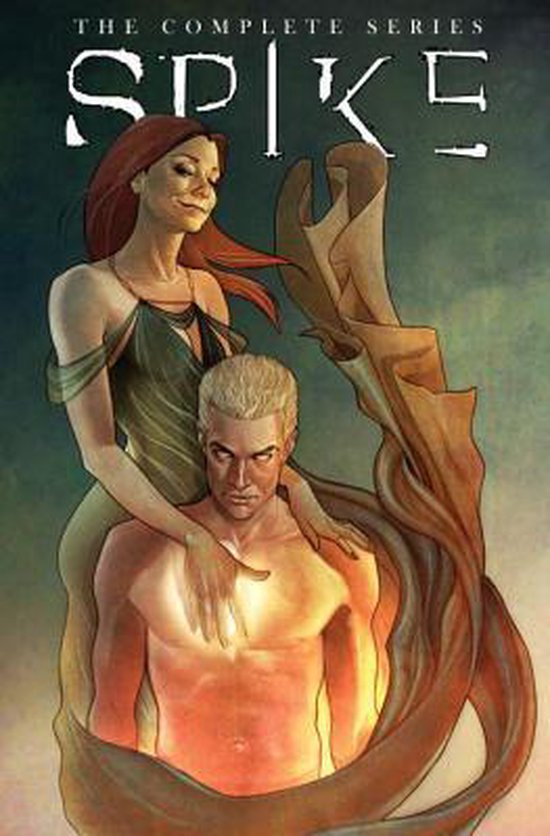

One object in that pile glowed with more meaning than all the others: Bobby’s very last diary. Maybe, he told them, there was material in there that they could use in their eulogies. And so he began distributing the yellow legal pads, the perfect-bound diaries: to Bobby’s friends to Bobby’s girlfriend, Jen, to whom he was about to propose. Less than a week after his death, Bobby’s father had to contend with that pitiless still life of a desk. But inside, the guy was a sage and a sap-philosophical about disappointments, melancholy when the weather changed, moony over girlfriends.

To the outside world, Bobby, 26, was a charmer, a striver, a furnace of ambition. But the diaries told a different kind of story. The yellow pads appeared to have the earnest beginnings of two different novels. He’d kept the diaries since he was a teenager, and they were filled with the usual diary things-longings, observations, frustrations-while the legal pads were marbled with more variety: aphoristic musings, quotes that spoke to him, stabs at fiction. W hen Bobby McIlvaine died on September 11, 2001, his desk at home was a study in plate tectonics, coated in shifting piles of leather-bound diaries and yellow legal pads. This article was featured in One Story to Read Today, a newsletter in which our editors recommend a single must-read from The Atlantic, Monday through Friday. This article was published online on August 9, 2021.


 0 kommentar(er)
0 kommentar(er)
